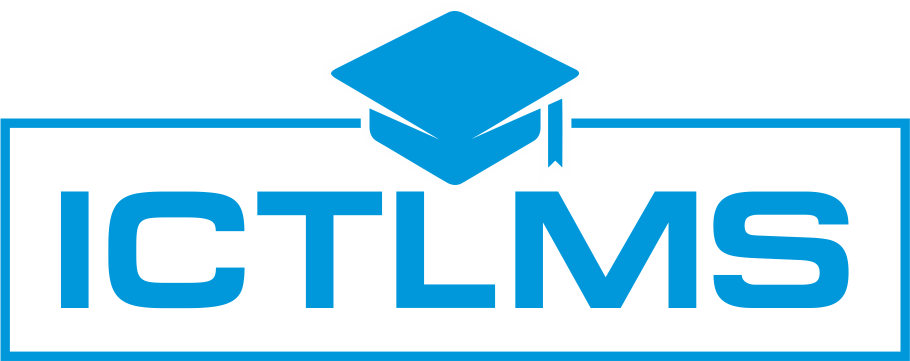The world of e-learning is constantly evolving, and cloud learning management systems (LMSs) are at the forefront of this change. Cloud LMSs offer a number of advantages over traditional LMSs, including scalability, flexibility, and security. As a result, they are becoming increasingly popular for businesses of all sizes.
What is a Cloud Learning Management System?
A cloud learning management system (LMS) is a software application that is hosted on the cloud. This means that it is not installed on a local server, but rather on a remote server that is managed by a third-party provider. Cloud LMSs offer a number of advantages over traditional LMSs, including:
- Scalability: Cloud LMSs are easily scalable, so you can easily add or remove users as needed.
- Flexibility: Cloud LMSs are flexible, so you can use them to deliver a variety of learning content, including courses, videos, and assessments.
- Security: Cloud LMSs are secure, so you can be confident that your data is safe.
Benefits of Cloud Learning Management Systems
There are a number of benefits to using a cloud LMS, including:
- Scalability: Cloud LMSs are easily scalable, so you can easily add or remove users as needed. This is a major advantage for businesses that are growing rapidly or that have seasonal fluctuations in demand.
- Flexibility: Cloud LMSs are flexible, so you can use them to deliver a variety of learning content, including courses, videos, and assessments. This makes them a good choice for businesses that need to deliver training on a variety of topics.
- Security: Cloud LMSs are secure, so you can be confident that your data is safe. This is important for businesses that handle sensitive data, such as financial or medical information.
- Cost-effectiveness: Cloud LMSs are typically more cost effective than traditional LMSs. This is because you don’t have to purchase and maintain your own hardware and software.
Best Cloud Learning Management Systems
There are a number of cloud LMSs on the market, so it can be difficult to choose the right one for your needs. Here are a few of the best cloud LMS:
- Moodle: Moodle is a popular open-source LMS that is used by millions of users around the world. It is a flexible and customizable LMS that can be used to deliver a variety of learning content.
- Canvas: Canvas is a cloud-based LMS that is used by schools and universities. It is a user-friendly LMS that offers a variety of features, including course creation, assessment, and collaboration.
- Sakai: Sakai is an open-source LMS that is used by universities and colleges. It is a scalable and secure LMS that offers a variety of features, including course creation, assessment, and collaboration.
- Blackboard Learn: Blackboard Learn is a cloud-based LMS that is used by schools and businesses. It is a comprehensive LMS that offers a variety of features, including course creation, assessment, and collaboration.
- Google Classroom: Google Classroom is a cloud-based LMS that is used by schools and businesses. It is a simple and easy-to-use LMS that offers a variety of features, including course creation, assessment, and collaboration.
Conclusion
Cloud learning management systems are the future of e-learning. They offer a number of advantages over traditional LMSs, including scalability, flexibility, and security. If you are looking for a way to deliver training to your employees or customers, a cloud LMS is a good option to consider.
Call to Action
If you are interested in learning more about cloud learning management systems, I encourage you to visit the websites of the LMSs mentioned in this article. You can also read reviews
